8 times Imperial research made you double-take in 2017
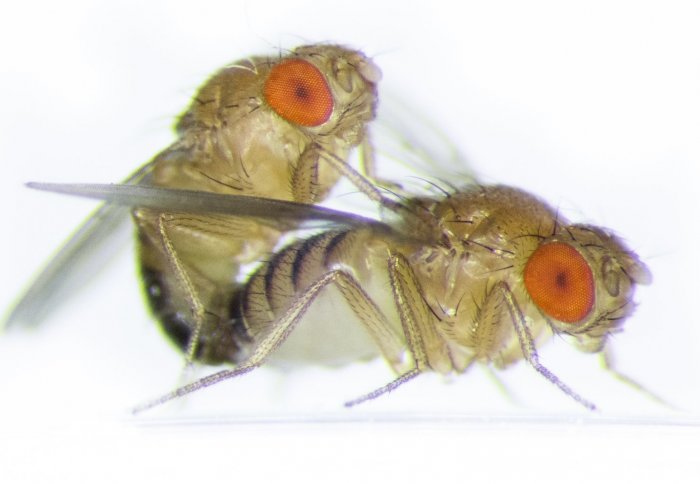
Some surprise research headlines need a second look, but quirky studies can often reveal serious science.
From a geological Brexit to jellyfish computers, some research announcements are more than a little bit quirky.
However, look beyond the headline and you’ll find fascinating research with powerful real world applications. Here are a handful of the stories that made readers do a double-take in 2017.
Dodgy diet drinks

Sugar free and ‘diet’ drinks are often considered the healthier option, but surprising research from the School of Public Health found no compelling evidence they are better for weight loss or preventing weight gain. There are a few possible reasons: the artificial sweeteners may trigger sweet receptors, causing people to crave more high-calorie snacks, or the psychological effect of having a low-calorie drink may lead people to eat more than they might otherwise.
Read more: Sugar-free and 'diet' drinks no better for healthy weight than full sugar drinks
Brexit 1.0

The UK may have begun the formal process to leave the European Union politically this year, but geologists from the Department of Earth Science and Engineering charted a much more dramatic split. Their research showed exactly how – and when – Britain was first separated from mainland Europe by the creation of the Dover Strait and the English Channel, nearly 450,000 years ago.
Read more: Brexit 1.0: scientists find evidence of Britain's separation from Europe
Brain buzz

Shocking research from the Department of Medicine revealed that short-term memory can be improved by applying a low-voltage current to the brain, synching up the waves across different brain regions. The hope is that the approach could one day be used to bypass damaged areas of the brain and relay signals in people with traumatic brain injury, stroke or epilepsy.
Read more: Buzzing the brain with electricity can boost working memory
Glowing jellyfish computers
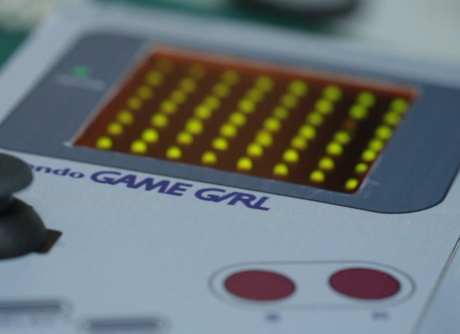
This story turned heads for containing a lot of words that don’t seem to belong together: ‘jellyfish’, ‘Tetris’ ‘bio-computer’, and ‘fluorescent’ for starters. An Imperial alum constructed a system that uses DNA from a jellyfish that glows under certain conditions to create a programmable display that can play simple games like Tetris, Snake or Pong.
Read more: Bio-computer powered by jellyfish DNA plays Tetris and other retro videogames
Malaria contraception
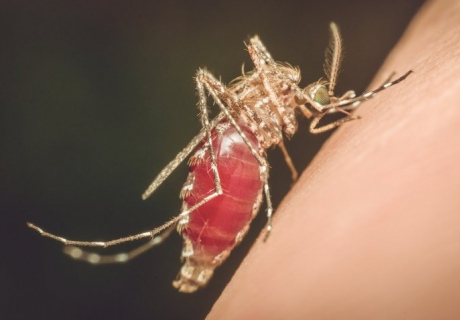
Stopping a parasite at the stage of fertilisation could be an exciting new target for malaria vaccines, reported a team from the Department of Medicine this year. Malaria is spread by a parasite that lives in mosquitos and humans, but the new technique disrupts fertilisation between the male and female parasite. This results in malarial parasites being unable to reproduce efficiently, acting as a form of parasitic contraception.
Read more: Birth control for parasites: researchers reveal new vaccine target for malaria
Frisky fruit flies
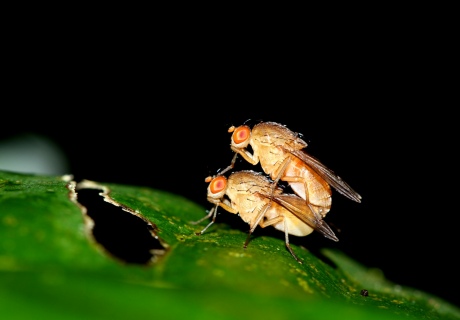
Studies into the humble fruit fly’s nocturnal activities produced two striking results this year: that females are more aggressive after sex and that males are unable to sleep after encountering females. Both studies, from the Department of Life Sciences, hint at more fundamental behaviours in many animals: the drive to compete for the best resources for their young, and what controls sleep.
Read more: Sexually aroused male flies unable to sleep after close encounters with females and Female fruit flies become more aggressive towards each other after sex
Cosmic cliffs
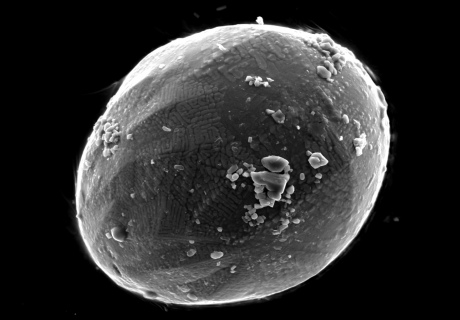
Cosmic dust is all around us, and the White Cliffs of Dover are no exception. These tiny extra-terrestrial fragments are valuable for scientists studying the solar system throughout time. Coupling the fossilised cosmic dust with the abundant fossilised creatures in the cliffs also allows scientists to find out what was happening on Earth and in the solar system at the same time.
Read more: Scientists find fossilised cosmic dust in white cliffs of Dover
Driverless cities
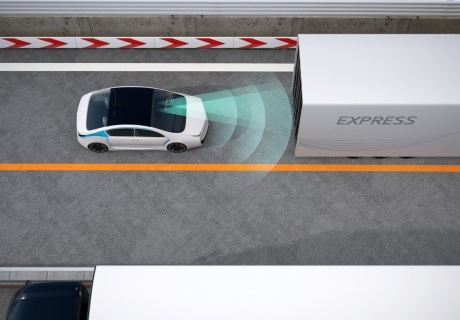
Finally, a UK tech survey inspired by Imperial College London’s Tech Foresight group revealed that Britons think automation is set to skyrocket over the next 20 years, with transport leading the way. Two-thirds of people believed that advances in driverless car technology could lead to dedicated road lanes for autonomous vehicles. Almost a quarter of people expect cities to ban human drivers completely. However only 12% of people thought we'd be seeing underwater homes in the next 20 years.
Read more: Britons expect robot tour guides and lunch delivery drones in next 20 years
-
Enjoy reading Imperial’s research and College news? Be the first to catch our stories with Imperial Today – the daily email bulletin of the College’s freshest online news and digital content. Sign up to Imperial Today.
Article text (excluding photos or graphics) © Imperial College London.
Photos and graphics subject to third party copyright used with permission or © Imperial College London.
Reporter
Hayley Dunning
Communications Division